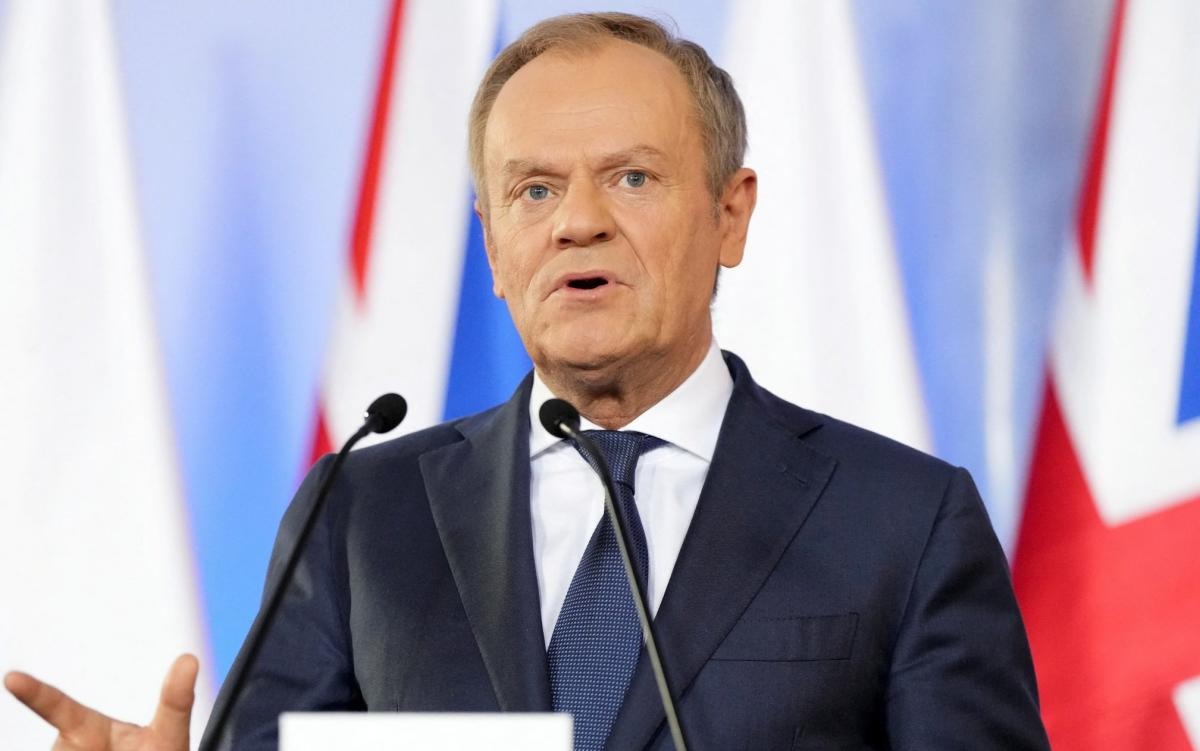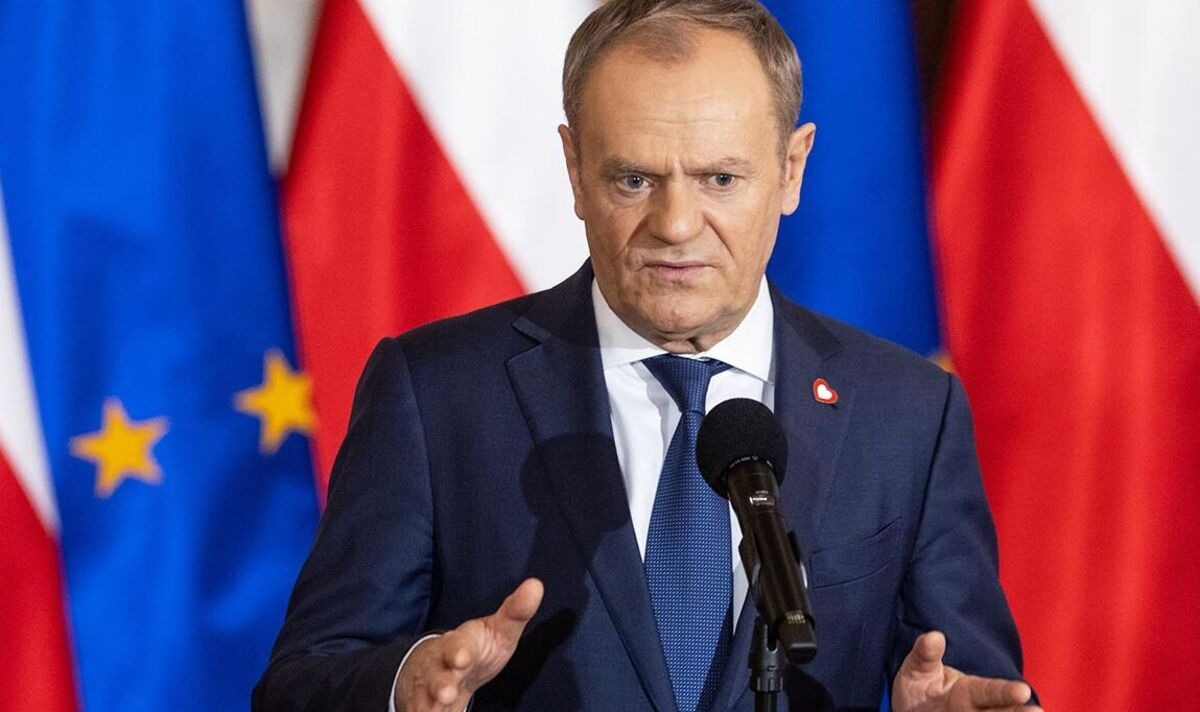Poland’s Prime Minister, Donald Tusk, made a bold declaration on Poland’s 20th anniversary as an EU member, vowing to raise the country’s GDP per capita to surpass that of the UK within five years. Tusk’s proclamation underscores Poland’s remarkable economic trajectory since joining the European Union bloc in 2004.
The Brexit referendum heightened Tusk’s visibility in the UK, where he was portrayed as a pivotal figure in the tumultuous negotiations between Britain and the EU. At that time, Britain faced economic challenges, with projections indicating a potential GDP deficit compared to Poland by 2030.

Poland’s Prime Minister, Donald Tusk (Credits: Yahoo Finance)
Keir Starmer, leader of the British Labour Party, emphasized the disparity in economic growth between the UK and its European counterparts, particularly Poland, which experienced robust growth rates. This trend, as highlighted by World Bank data, showcased Poland’s economic strides since its EU accession.
Indeed, Poland’s GDP has doubled since joining the EU, a testament to the transformative impact of EU membership on its economy.
The Polish Institute of Economics further underscores this by indicating that Poland’s GDP is higher as an EU member, with estimates suggesting a remarkable rise in GDP per capita in purchasing power parity terms by 2033.

Donald Tusk (Credits: Daily Express)
From a modest position in 2004, Poland’s economic stature within the EU has surged, positioning it on a trajectory toward convergence with the EU average.
Such projections not only underscore Poland’s economic resilience but also affirm the benefits of EU membership in driving sustained growth and prosperity. Tusk’s vision encapsulates Poland’s ambitious aspirations and its unwavering commitment to leveraging EU integration for national advancement.























